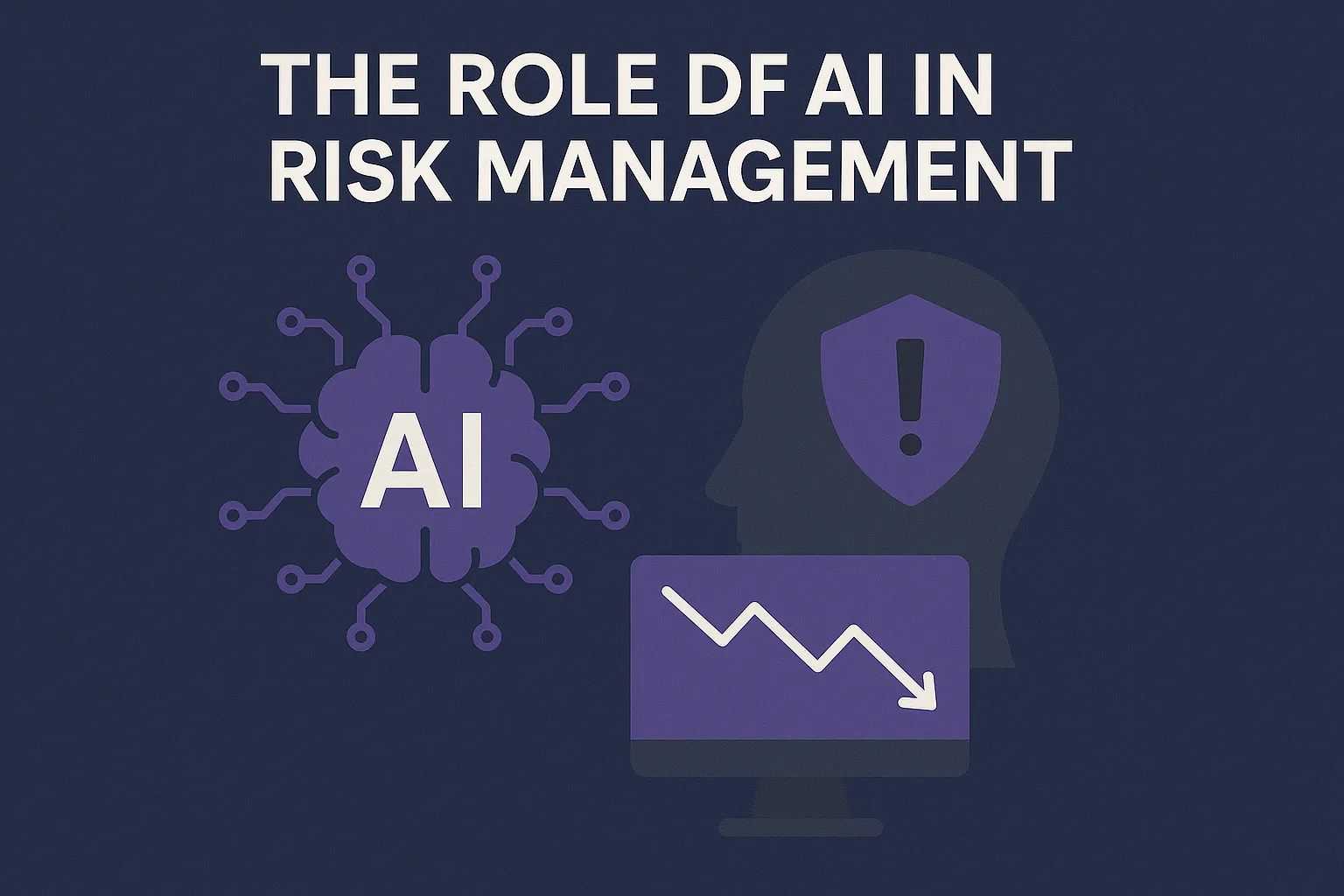Artificial intelligence is not just enhancing customer experience in fintech, it is fundamentally reshaping how risk is assessed, monitored, and mitigated. In an industry where trust, compliance, and stability are critical, AI in risk management is emerging as a transformative force.
Understanding how AI is changing risk management is essential for fintech founders, financial leaders, and investors aiming to build resilient businesses in an increasingly complex environment.
From Reactive to Predictive Risk Management

Traditionally, risk management in finance was reactive. Companies identified issues after they occurred, whether it was credit defaults, fraudulent transactions, or market downturns. Manual processes, slow data collection, and rigid rule-based systems often meant risk teams were always one step behind.
Today, AI allows fintech companies to move from reactive to predictive risk management. Machine learning models analyse vast amounts of real-time data, identify patterns, and flag anomalies long before problems arise. This shift enables early intervention, proactive decision-making, and a major reduction in financial and reputational losses.
In sectors like lending, insurance, and payments, predictive models now power decisions that were once based on static scoring systems and historical averages.
Smarter Credit Underwriting

One of the most visible applications of AI in fintech is smarter credit underwriting. Instead of relying solely on credit bureau scores, fintech lenders use AI to analyse alternative data. Such as cash flow, transaction history, gig economy income, and even behavioural indicators.
This approach enables more accurate risk assessment, especially for thin-file or underbanked customers who might be invisible to traditional systems. Companies like Upstart, OakNorth, and Zest AI are pioneering this field, delivering faster approvals and broader financial inclusion while maintaining strong portfolio performance.
AI-driven credit models also adapt dynamically to economic conditions, allowing fintechs to tighten or loosen credit criteria in near real time.
Fraud Detection and Transaction Monitoring

Fraud is a persistent threat in digital finance. AI helps fintech companies detect suspicious activity with far greater accuracy and speed than rule-based systems.
Machine learning models monitor transaction patterns, device fingerprints, geolocation data, and behavioural signals to identify anomalies. Instead of flagging transactions based on simple thresholds, AI systems consider dozens or hundreds of factors simultaneously.
Platforms like Feedzai, Sift, and Forter offer AI-driven fraud prevention solutions that evolve alongside emerging fraud tactics, reducing false positives and improving customer experience.
Real-time transaction monitoring also supports compliance with anti-money laundering (AML) regulations, helping fintechs meet regulatory expectations without overwhelming their teams.
Stress Testing and Scenario Modelling
AI is improving how fintechs conduct stress testing and scenario analysis. Rather than relying on a handful of hypothetical scenarios, machine learning can simulate thousands of economic environments and customer behaviours.
This allows risk teams to model the impact of interest rate changes, currency fluctuations, market crashes, or pandemic-like events more realistically. It also helps in setting dynamic risk limits, pricing models, and contingency plans.
Banks and fintechs embracing AI-driven stress testing are better equipped to survive volatile markets and regulatory scrutiny.
Challenges and Ethical Considerations

Despite its advantages, AI in risk management brings challenges. Models can inherit biases from training data, leading to unfair outcomes in credit or fraud decisions. Explainability is another concern. Regulators increasingly require companies to show how AI-driven decisions are made, especially when they affect consumers’ financial opportunities.
Fintechs must invest in responsible AI governance frameworks, including bias audits, model validation, and transparent reporting. Risk models must not only be accurate but also ethical, explainable, and aligned with consumer protection principles. Building internal expertise and collaborating with regulators will be key to harnessing AI’s potential while managing its risks.
AI in fintech risk management is not just about efficiency gains, it is about building stronger, more resilient financial systems. Companies that embrace predictive analytics, real-time monitoring, and responsible AI practices will be better positioned to grow sustainably, earn customer trust, and navigate an increasingly complex financial landscape.














